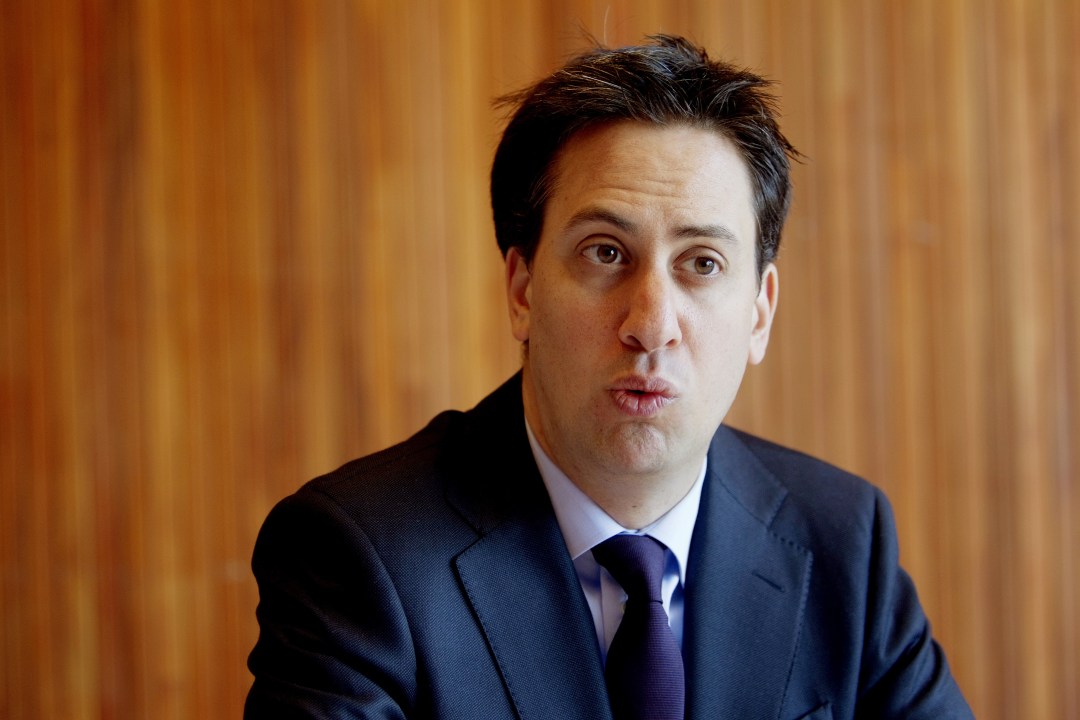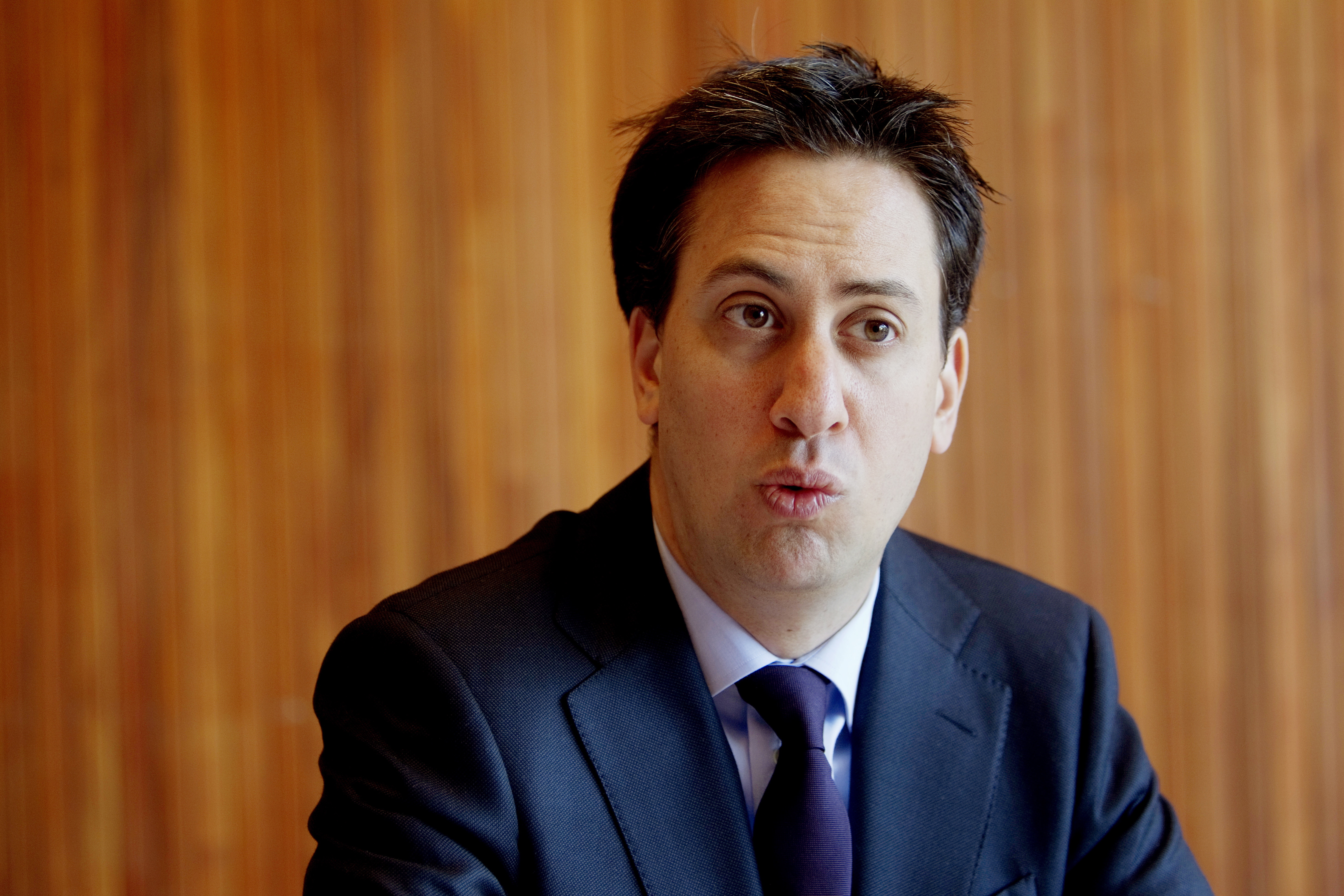 As the weekend drifts closer, there is a case that Ed Miliband has just enjoyed his best
week as Labour leader. Not really from anything he has done — although his PMQs performance had more vigour than usual — but thanks to the backwash from the Ken Clarke calamity. MiliE’s
spinners could barely have dreamed, even a few days ago, that their man would gain the the fiery approval of The Sun on matters of law and order. But that is effectively what they gained yesterday. “Labour is now tougher on crime,” bellowed the paper’s leader column, “than our Tory-led
government.” Even today their editorial laments, “so much for David Cameron’s pledge to provide a
young, modern government in tune with 2011 Britain.”
As the weekend drifts closer, there is a case that Ed Miliband has just enjoyed his best
week as Labour leader. Not really from anything he has done — although his PMQs performance had more vigour than usual — but thanks to the backwash from the Ken Clarke calamity. MiliE’s
spinners could barely have dreamed, even a few days ago, that their man would gain the the fiery approval of The Sun on matters of law and order. But that is effectively what they gained yesterday. “Labour is now tougher on crime,” bellowed the paper’s leader column, “than our Tory-led
government.” Even today their editorial laments, “so much for David Cameron’s pledge to provide a
young, modern government in tune with 2011 Britain.”
But this week has not been an unmitigated triumph for Miliband. His call for Ken Clarke to resign has, in particular, soured the occasion for him and his supporters. Some have complained that operating against Ken Clarke will push the coalition’s policy into the hands of the Tory right — and prevent the sort of prison reforms that the left quite admires. Some have suggested that Miliband’s truculance will only have made David Cameron more determined to hang on to Clarke. Some, such as one interrogator on last night’s Question Time, have said that it was cheap and dirty politics in the first place, and ought be scorned as such. “Some of the worst instincts of New Labour in terms of a personal attack,” was how he described Miliband’s actions.
So it’s no coicidence that Miliband is on the defensive this morning, with an article in the Independent headlined, “Why I was right to demand that Clarke should go”. The basic argument he makes is that, while he supports the idea of prison reform, Ken Clarke’s proposals are all about cutting costs, rather than cutting crime. “By reducing the number of police on our streets, by halving sentences for violent offenders,” he finishes, “the Government are risking creating more victims. They are failing a very simple test. They are not making our communities safer now or for the future.”
This, really, is not so much a justification for Miliband’s attack on Clarke, as for Labour’s overall crime and justice policy — and one that we have heard before. Sadiq Khan, the shadow
justice secretary, put it in similar terms in a key address to the Fabians in February. Here is the passage from that
speech that sums it all up:
What we have on crime — and it has been clarified this week — is the ol’ investment-vs-cuts dividing line. On one side, the government saying that, “this isn’t working, and more money won’t fix it”. On the other, an Opposition saying that, “this isn’t working, and more money will fix it”. But Labour will have been given hope that this time, just maybe, their argument could gain ground. It is a reactionary argument and one that lacks detail, but it has already won some approval from The Sun. Perhaps crime is such an emotive issue that it makes the cuts less endurable. If so, the government has some serious counterarguing to do.“It’s clear that the policies of the Ministry of Justice are founded on the short-term need to cut costs, not crime. But in the short-term, successful rehabilitation requires resources. And successful rehabilitation will not only make society better, it will produce long-term savings — both from the prison budget, and from society as a whole as a result of lower crime. This government is taking a very short-sighted view on the rehabilitation process. In the long run, they are risking increased costs by gambling with public safety — there is a real and genuine danger that because of their policies crime will rise. Quite simply, it’s irresponsible to pursue this agenda without the investment to match it.”







Comments